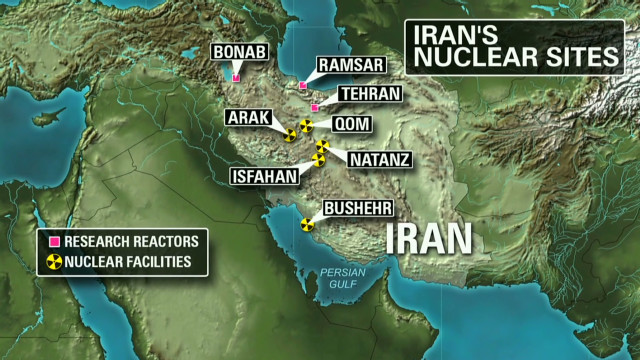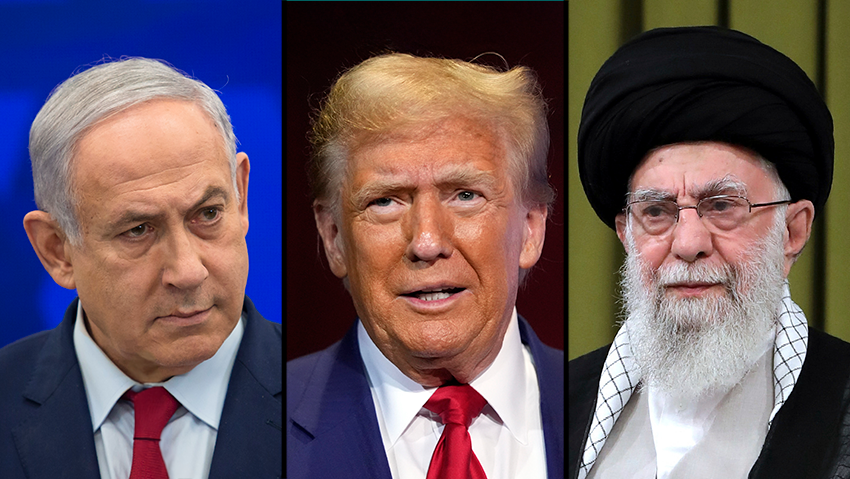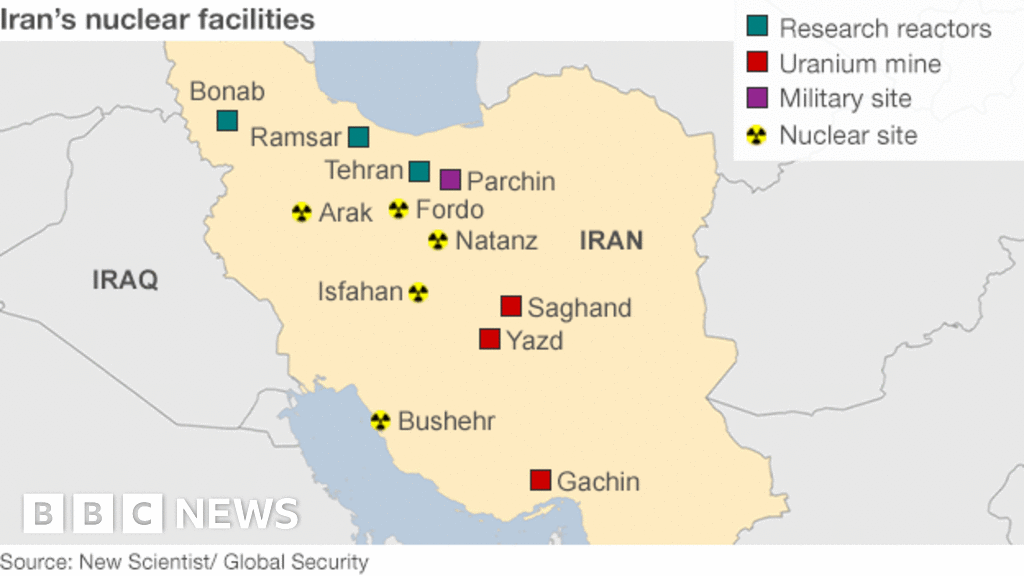The Impact of Recent Strikes on Iran's Nuclear Program

About the People Mentioned
Iran
Iran, officially known as the Islamic Republic of Iran, is a country with one of the world's oldest continuous major civilizations, dating back to the 5th millennium BC. Historically, it was known as Persia and was home to powerful empires such as the Achaemenid, Parthian, and Sassanian Empires. The country experienced significant changes with the Islamic conquest in the 7th century and the establishment of Shia Islam as the state religion under the Safavid dynasty in the 16th century[1][2]. Iran's modern history includes the Pahlavi dynasty, which modernized the country but was overthrown by the 1979 Islamic Revolution led by Ayatollah Khomeini. This revolution transformed Iran into an Islamic theocracy, marking a significant shift in its political and social landscape[3]. Economically, Iran is heavily reliant on its oil and gas resources, making it a key player in global energy markets[2]. Currently, Iran plays a significant role in regional and global geopolitics, with ongoing tensions with the United States, Israel, and other Western countries. The country has been involved in various conflicts, including the Iran-Iraq War and more recent proxy wars in the Middle East[1][3]. Internally, Iran faces challenges related to human rights and democracy, with periodic protests and calls for reform[5]. Recent events have included increased tensions with Israel, with reports of escalating military actions, and internal protests against the government's policies[3]. Despite these challenges, Iran remains culturally rich, with a diverse population and a heritage in arts, literature, and architecture[2]. Its unique blend of traditional and modern elements continues to influence both regional and global affairs.
About the Organizations Mentioned
Israel
Israel is a highly developed democratic country in West Asia, known for its advanced free-market economy and significant contributions to global business and technology sectors. Established in 1948, Israel has grown into a regional powerhouse with a population of approximately 9.5 million as of 2025. It is the only country with a Jewish majority population and operates under a parliamentary democracy with strong political rights and civil liberties[2][5]. Israel's economy is among the most sophisticated in the Middle East, ranked 25th globally by nominal GDP according to the IMF in 2025. It boasts the second-largest number of startups worldwide, only behind the United States, and the third-largest number of companies listed on NASDAQ after the U.S. and China. This vibrant tech ecosystem attracts major multinational corporations such as Intel, Microsoft, Apple, IBM, Google, and Facebook, all of which have established research and development centers in Israel, often marking their first overseas R&D presence there[1]. The country’s main economic drivers include high-tech industries, industrial manufacturing, and diamond cutting and polishing, with the diamond sector accounting for 21% of exports in 2017[1]. Israel’s technological innovation extends to energy, with recent discoveries of natural gas reserves and a growing solar energy industry aiming to reduce dependency on imports[1]. Despite its small size, Israel's infrastructure rivals developed nations, supported by a sophisticated welfare state and a powerful military known for advanced capabilities, including nuclear weapons[1]. Regionally, Israel faces ongoing geopolitical instability and conflict, which influence its security policies and international relations. Internal and external tensions persist, particularly regarding the Palestinian territories, impacting both domestic and foreign policy dynamics[3][4]. Public opinion within Israel reflects concerns about international respect and peace prospects[6]. Overall, Israel stands out as a dynamic hub of innovation, economic resilience, and geopolitical significance, making it a critical player in global business and technology news.



















